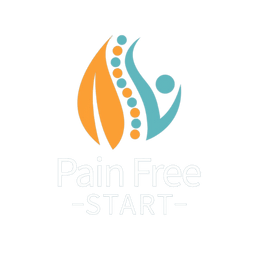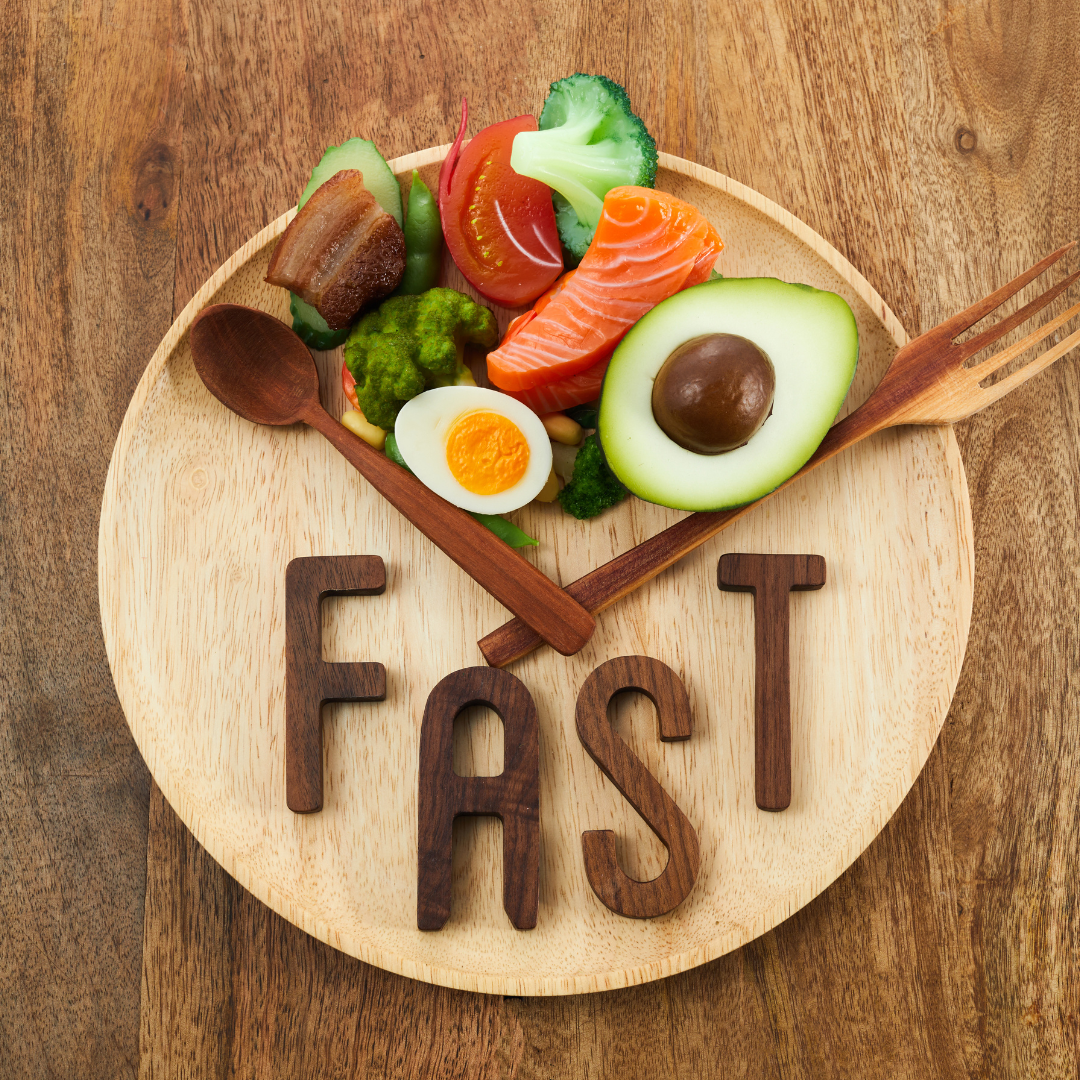The Intermittent Fasting Boom
Intermittent fasting (IF) has gone from niche wellness trend to mainstream lifestyle — and for good reason. People are reporting more energy, better digestion, easier weight loss… and in some cases, less joint pain.
But is that last one just a happy side effect — or is there a real connection between fasting and inflammation?
As a physiotherapist — and someone who’s been personally experimenting with intermittent fasting — I’ve found this question fascinating. Let’s explore the science, the potential benefits, and how it might fit into a joint-friendly lifestyle.
What Is Intermittent Fasting?
Intermittent fasting is an eating pattern that cycles between periods of eating and fasting. Popular methods include:
- 16:8 — 16 hours fasting, 8-hour eating window
- 5:2 — Eating normally 5 days/week, calorie restriction 2 days/week
- Eat-stop-eat — Occasional full-day fasts
It’s not about what you eat as much as when — though many people naturally start making healthier food choices when they fast.
How Might Intermittent Fasting Impact Joint Pain?
Here’s where it gets interesting: fasting may influence joint pain through its effects on inflammation, gut health, and body weight.
1. Reduced Inflammation
Several studies show intermittent fasting can reduce markers of systemic inflammation — like CRP and TNF-alpha — which are linked to joint pain and stiffness, especially in conditions like osteoarthritis and rheumatoid arthritis.
Fasting triggers autophagy (your body’s cellular cleanup process), which helps reduce inflammation and potentially slow joint degeneration.
2. Improved Gut Health
Emerging research links gut microbiome health to inflammation and pain. Fasting gives your digestive system a break and may improve gut barrier function, reducing low-grade, chronic inflammation that can affect the joints.
Learn more in this blog Can Your Gut Health Affect Joint Pain? The Surprising Link Between Your Microbiome and Inflammation
3. Weight Loss & Load Reduction
Let’s not forget the mechanical side: less body weight = less joint load. Even small reductions in body fat can take pressure off knees, hips, and ankles — reducing pain and slowing wear and tear, especially in weight-bearing joints.
This blog maybe helpful; The Impact of Body Weight on Joint Health: Why Every Pound Matters
Real Talk: It’s Not a Cure-All
It’s important to say — fasting is not a replacement for rehab, strength training, or hands-on treatment.
But for many, it can become a valuable supportive strategy, especially when paired with anti-inflammatory foods, smart movement, and proper recovery.
My Experience So Far
I’ve been trying intermittent fasting myself — and I really like it. It’s helped me feel clearer-headed, more balanced with energy, weight loss. After a few weeks I felt great, Going back to my old eating habits on holiday I was glad to get back to my new routine.
It’s not about being strict — I keep it flexible and choose windows that suit my schedule. My husband has also given it ago and has been surprised by the ease and benefits. I can see why so many people are turning to it as part of a whole-body anti-inflammatory approach.
Is Intermittent Fasting Right for You?
It might be worth exploring if:
- You experience joint stiffness or pain, especially with inflammatory patterns
- You’re looking to reduce body weight or belly fat
- You want a simple, sustainable anti-inflammatory lifestyle shift
But it may not be ideal for:
- People with a history of disordered eating
- Those with blood sugar issues or very high training demands
- Anyone pregnant, breastfeeding, or managing certain medical conditions (always check with your GP first)
How to Start Gently
You don’t need to dive into 24-hour fasts. Try:
- Delaying breakfast a few hours (e.g., 12-hour fast, 8pm–8am)
- Shortening your evening eating window
- Starting with 3–4 days a week, not daily
Pair fasting with joint-friendly movement, good sleep, and hydration for best results.
Curious About Other Natural Ways to Reduce Joint Pain?
Try out my FREE Posture Masterclass – Click here for details.
The Truth About Collagen Supplements for Joint Pain
Final Thoughts: A Piece of the Puzzle
Intermittent fasting won’t “fix” joint pain on its own — but it may play a meaningful role in reducing inflammation and supporting your body’s ability to heal and move well.
If it fits your lifestyle and you feel good doing it, it could be a great addition to your pain-management toolkit.
Take care, Helen
Helen Manders BSc (Hons) MCSP HCPC
Chartered Physiotherapist Since 2001
P.S. Join me on my FREE Masterclass and upgrade your body today.




